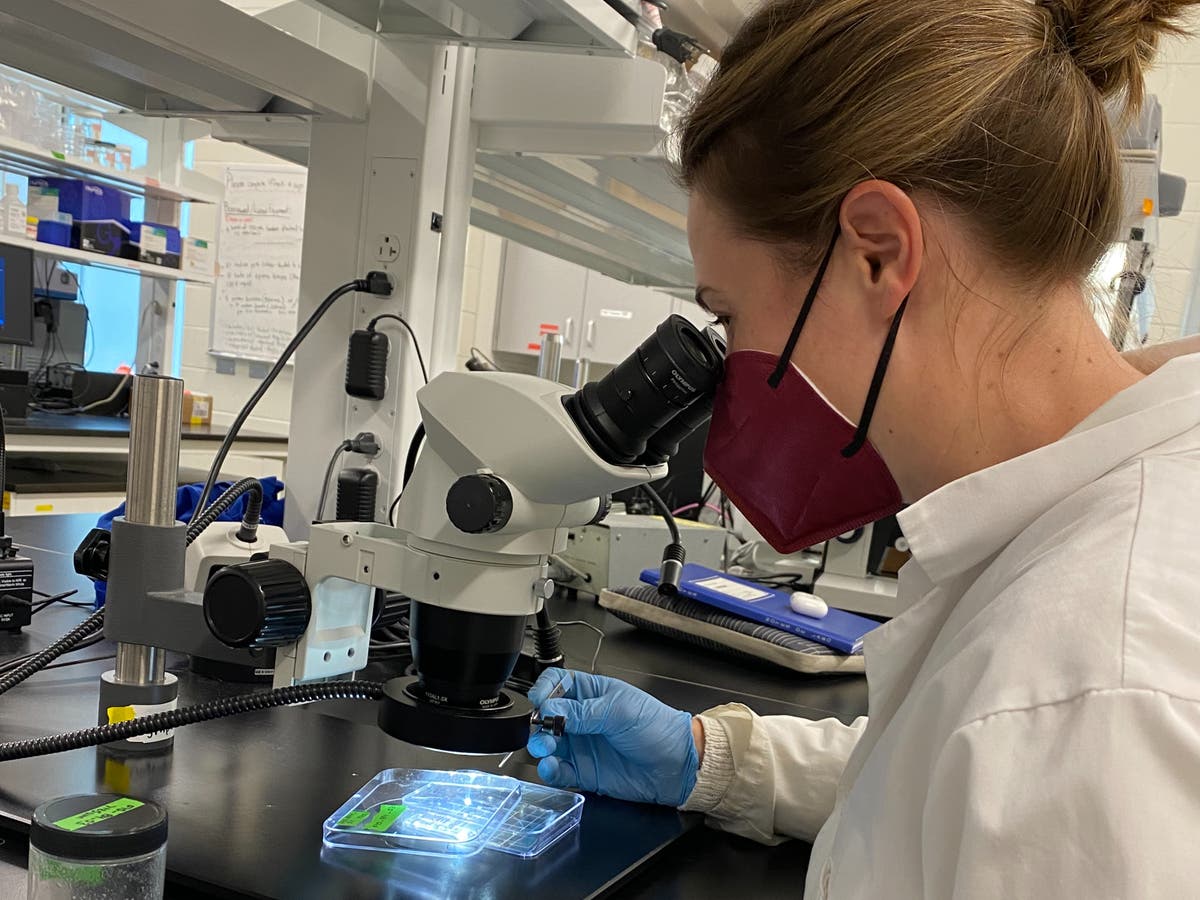Land-based protein sources like chicken, beef, pork and tofu contain as many microplastics as fishes, study finds
Microplastics have been found in nearly 90 per cent of sources of proteins, including meat and plant-based, according to a new study that serves as a startling reminder of how prolific plastic pollution has become.
While the presence of microplastics in commercial fish and shellfish has been known for long, there has been little research into terrestrial protein sources like beef and chicken that make up a large part of the Western diet.
A team of researchers studied samples from 16 different protein types destined for American consumers, including seafood, pork, beef, chicken, tofu, and three different plant-based meat alternatives. They found microplastic particles in 88 per cent of protein food samples tested.



There is microplastics in everything. It’s in our clothes, our food, the air we breathe. Not a thing you can do to get away from it.
Natural fibers will have less microplastics than synthetics like polyester (literally plastic fibers). Eating a predominantly plant based diet (actual fruit and veg, not imitation meat) with little to no processed foods from the center aisles will mean ingesting fewer microplastics. Switching from bottled water to filtered will reduce the amount of microplastics you drink. Stop using tupperwares and saran wrap immediately and instead use glass containers whenever possible.
There’s no way to get rid of them completely, but there are ways to mitigate your exposure.
There is no significant difference between micro plastic contamination in meat or plants:
https://www.food-safety.com/articles/9153-study-finds-little-difference-between-plastic-in-seafood-meat-and-plant-based-proteinsits-all-contaminated
https://www.greenpeace.org/eastasia/blog/6016/3-everyday-foods-that-contain-microplastics/